Analytical and charming: the new UBS chief
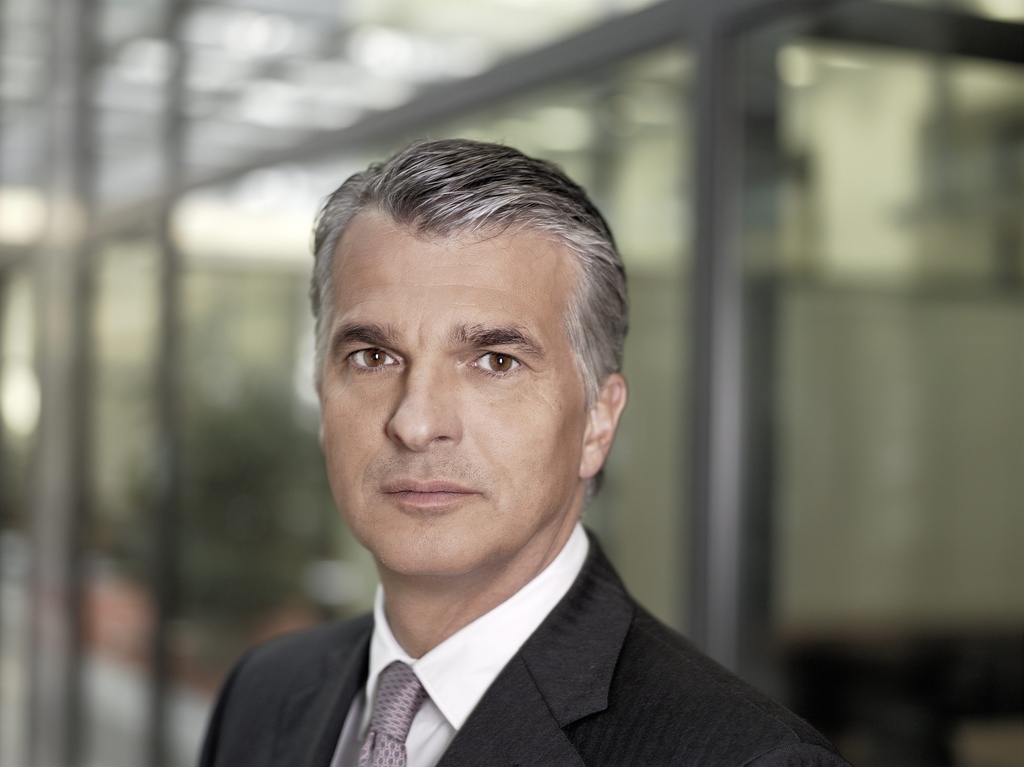
Following the resignation of chief executive Oswald Grübel at the weekend, 51-year-old Ticinese Sergio Ermotti has taken over the helm of UBS, at least temporarily.
The interim appointment crowns a stellar career for the investment banker and many observers believe he will be given the job of leading 65,000 employees on a permanent basis. But who is Sergio Ermotti?
“I have the feeling that I have come home,” said Ermotti when he joined UBS in April of this year as chairman and CEO for Europe, the Middle East and Africa. The Swiss banker had spent practically his entire career abroad.
Many commentators place Ermotti side by side with Deutsche Bank chief executive Josef Ackermann as the most successful Swiss bankers operating abroad. And no other Swiss is so well versed in the Anglo-Saxon world of investment banking.
Ermotti started his career in his home canton of Ticino as an apprentice at the Cornèr Bank in Lugano. After gaining a banking diploma in Switzerland he completed the Advanced Management Program at Oxford University.
Multi-skilled
Moving to London, Ermotti worked at United States investment bank Merrill Lynch from 1987 until 2003, working his way up the executive ranks to become head of global equity markets.
Soon afterwards he joined Italy’s UniCredit, one of the largest financial institutions in the world, as head of markets and investment banking.
Ermotti was promoted to deputy chief executive under Alessandro Profumo but left in 2010 after being passed over for the top job following the departure of Profumo.
A phone call from Grübel soon arrived with an offer to join UBS. In a UBS media release on December 3, 2010, Grübel praised Ermotti’s “extensive knowledge in the financial services sector”, leading to speculation that the Ticino man was being lined up as a successor.
Besides technical expertise, Ermotti is known for his analytical skills, natural charisma and his people skills. In addition to his native Italian tongue, Ermotti also speaks fluent English, German and French.
Stability needed
At 51 years of age – compared with Grübel’s 67 – Ermotti is also considered to be a long term solution to UBS’s leadership conundrum. Switzerland’s largest bank is now on its fourth chief executive in as many years and has seen three incumbents in the chairman’s role in the same time period.
Grübel was widely expected to carry on for at least another year, before the rogue trader scandal brought his tenure to a premature end. Current Chairman Kaspar Villiger will hand over the reins of office to Axel Weber next year.
The revolving door of both executive and director appointments has been understandable considering the tumultuous times the bank has been through, but investors will hope for a period of stability.
“With Ermotti and Weber [54] heading the bank, we could expect more continuity in the leadership structure of the bank,” Bank Sarasin analyst Rainer Skierka told swissinfo.ch.
“There will be a lot of internal forces at work fighting over what parts of the investment banking business will be kept and what has to go in the future,” Skierka added.
“This process will require not just firm stand alone characters, but also a strong and decisive board.”
Home roots
Despite his film star looks, Ermotti remains a hard-nosed banker who has an aversion to over-regulation of the Swiss banking sector.
He has remained attached to his home canton of Ticino throughout his years of working abroad.
He has a stake in the leisure industry group Tessal which owns four luxury hotels in Lugano that it is currently renovating.
Ermotti also presides over the regional carrier Darwin that flies between Zurich and Lugano on behalf of Swiss International Air Lines.
Switzerland’s biggest bank was flying high in 2007, announcing record quarterly profits of SFr5.6 billion in the second quarter of that year.
This figure was achieved despite the collapse of its Dillon Read Capital Management hedge fund. However the figures hid problems that only started to come to light after the sudden departure of chief executive Peter Wuffli in July of that year.
The profits turned into a SFr726 million loss in the third quarter as the bank started writing down subprime mortgage and debt security trades. The bank eventually lost some SFr50 billion in the financial crisis.
In 2008, the situation had become so bad that the Swiss National Bank was forced to bail out UBS with a SFr6 billion loan and by taking over bad debt.
UBS also admitted to aiding and abetting US tax evaders and was forced to pay a $780 million fine in 2008. It later had to release the names of 4,450 clients to the US authorities, denting its own reputation and Swiss banking secrecy laws.
Share prices fell from a high of SFr70 in 2006 to under SFr10 in 2009.
Former Credit Suisse boss Oswald Grübel took over as CEO in 2009 with a mandate to turn UBS around. The bank was back into the black for the full year in 2010 to the tune of SFr7.2 billion.
But a poor second quarter in 2011 was followed by a rogue trading scandal that has cost the bank $2.3 billion (SFr2.08 billion) – and yet more reputational damage.
(Adapted from German by Matthew Allen)

In compliance with the JTI standards
More: SWI swissinfo.ch certified by the Journalism Trust Initiative
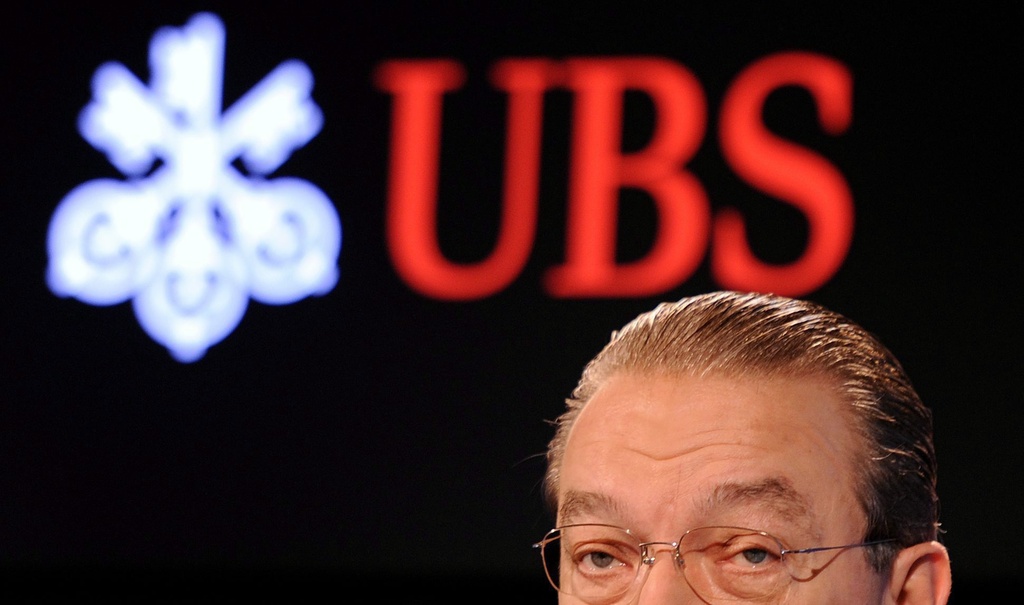
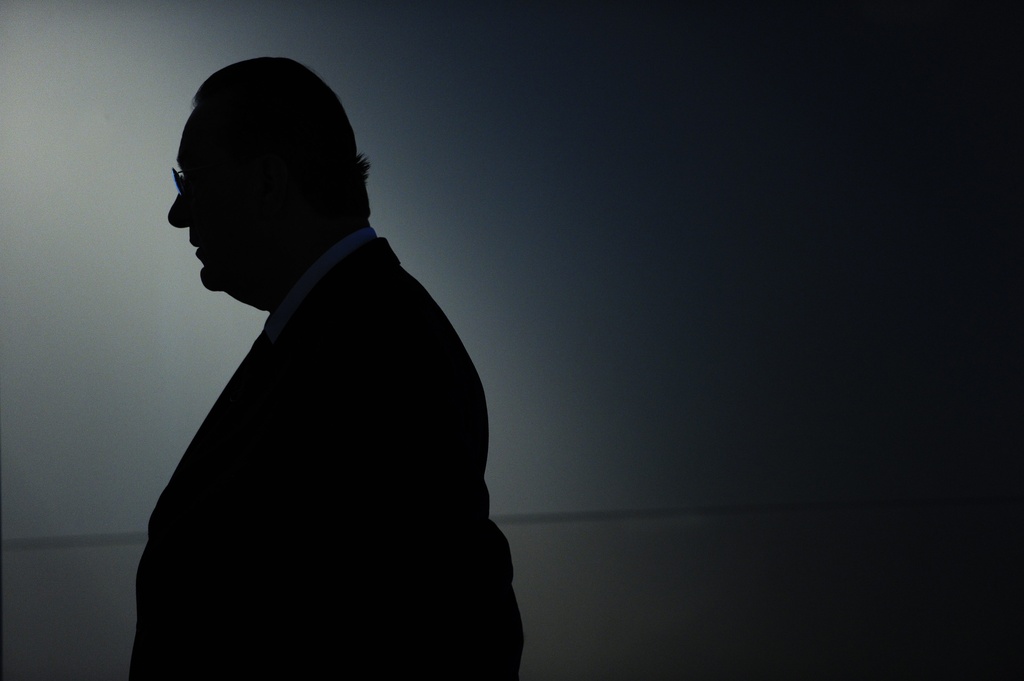
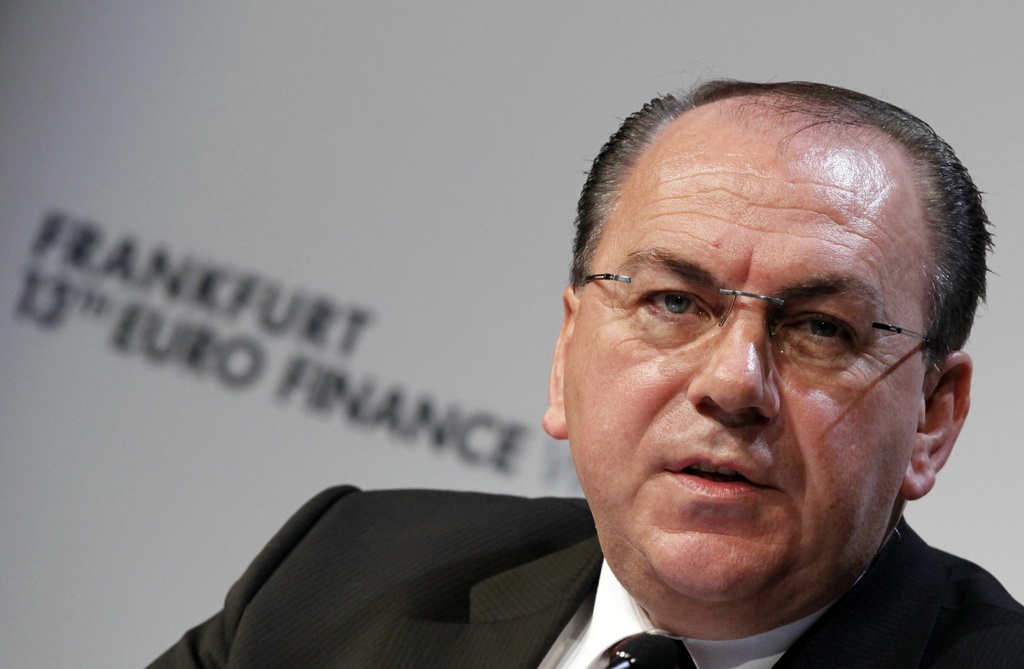
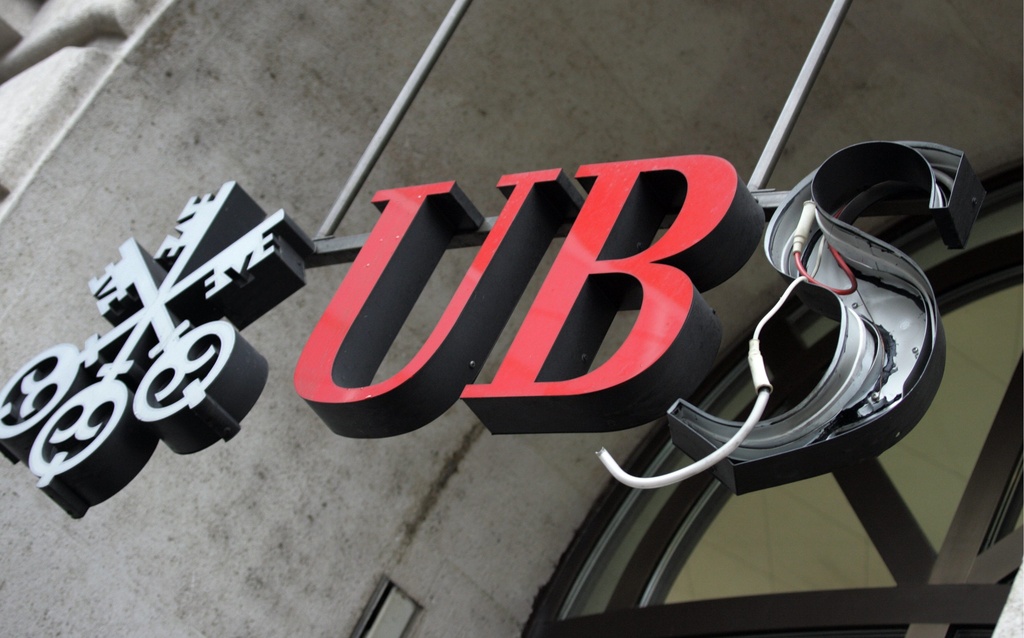
You can find an overview of ongoing debates with our journalists here. Please join us!
If you want to start a conversation about a topic raised in this article or want to report factual errors, email us at english@swissinfo.ch.